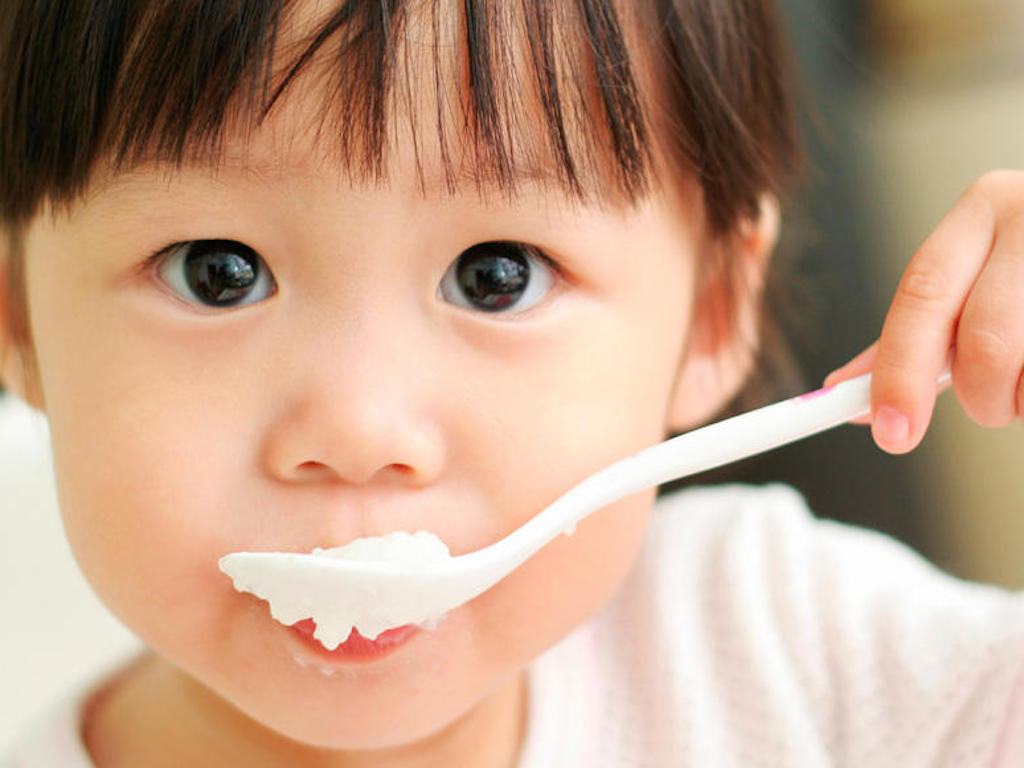3 Mins Read
A new study conducted by Healthy Babies Bright Futures has revealed that toxic heavy metals that are damaging to babies’ brain development are present in common infant foods from major manufacturers. The heavy metals found included arsenic, cadmium, mercury and lead – and over a quarter of the tested samples in the study contained all four metals. One of the main foods that had the highest risk for neurotoxicity were rice-based products. These results are particularly relevant in Asia, where rice is regularly consumed as a staple. It also serves as a warning against the rising regional trend, driven by urbanisation and convenience, for ready-made infant food products as opposed to whole food diets.
In a new investigative study, which adds to previous research by the United States FDA, non-profit scientific organisation Healthy Babies Bright Futures found that toxic heavy metals are likely present in common baby foods. Heavy metals have been shown to be harmful to brain development, and has also been associated to impact childrens’ IQ levels. Testing for 168 products from major US manufacturers, 95% contained lead, 73% contained arsenic, 75% had cadmium and 32% contained mercury – and overall, one quarter of the samples contained all four metals.
Some of the foods that showed the highest levels of neurotoxicity were rice-based products, sweet potatoes and fruit juices. Rice-based dishes, cereal and snacks, the most common type of first food, topped the list overall with the highest levels of inorganic arsenic – the most toxic form – as well as all the other heavy metals. Arsenic, a natural element found in soil, is most present in rice because the grain is grown in water, which makes it absorb arsenic very easily. Of the different types of rice, brown and wild rice (actually a grass) contains the highest arsenic levels because the hull, where much of the compound is concentrated, is left intact, unlike milled white rice varieties.
These results are hugely alarming, given that “even in trace amounts found in food, these contaminants can alter the developing brain and erode a child’s IQ. The impacts add up with each meal or snack that a baby eats,” said the report.
Previous studies on rice-based products have reared similar results. In a 2017 study conducted at Jianghan University in China, researchers tested 119 infant cereal samples and found that rice-based cereals had much higher levels of methylmercury than non-rice products.
The results are not only alarming to the Asian population – who consume 90% of the global rice output – they are also worrying because the region has experienced an uptick in demand for manufactured baby food – of which many are rice-based. Due to the rise of convenience culture, especially in urban cities where many parents are short on time due to hectic work schedules, the consumption of baby food products has grown.
According to global intelligence firm Mordor Intelligence, the baby food market in Asia-Pacific is expected to experience an 8% growth from 2019 to 2024, primarily driven by the rising number of working women in Asian countries.
To conclude the report, researchers outlined a number of actions titled “Tip Sheet For Parents” to ensure the safety of baby food:
- To reduce the arsenic levels in rice, cook rice in extra water that can be poured off before serving – which can reduce arsenic levels by 60%.
- For rice with the lowest levels of arsenic, buy basmati rice from India, Pakistan and California (which has stricter state regulations), or Thai-grown Jasmine white rice.
- Avoid rice labelled simply as “United States” and Taiwan-grown rice, both test high in arsenic.
- Reduce your reliance on rice as food in the diet, and vary with other grains and snacks.
- Instead of rice-based infant cereals, opt for other low-arsenic cereals such as oatmeal, quinoa, buckwheat, millet and bulgur, all nutritious alternatives.
- For snacks, choose apples, applesauce, banana, barley and beans, peanut butter, grapes and peaches.
Lead image courtesy of Baby Center.




